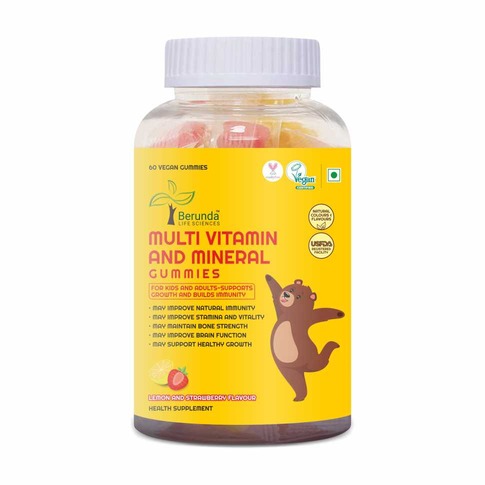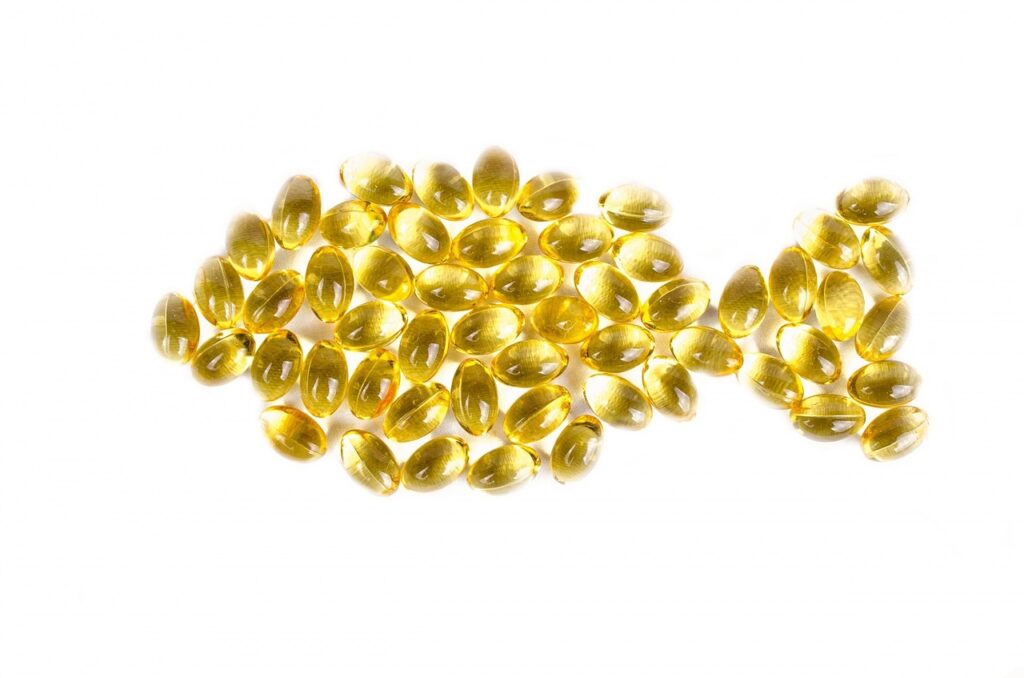The Power of Micronutrients: Unlocking the Key to Optimal Human Health
Introduction:
Micronutrients, consisting of vitamins and minerals, play a vital role in maintaining overall health and well-being. These essential nutrients are required in small quantities but have a significant impact on various physiological processes within the human body. From supporting the immune system to promoting proper growth and development, each micronutrient offers unique benefits that are crucial for maintaining optimal health. In this comprehensive guide, we will delve into the fascinating world of micronutrients and explore their individual contributions to human health.

- Vitamin A:
Vitamin A is renowned for its role in promoting good vision, especially in low-light conditions. It also supports the immune system, helps maintain healthy skin, and contributes to proper bone development. Rich sources of vitamin A include carrots, sweet potatoes, spinach, and liver.
- Vitamin B Complex:
The B-vitamins encompass a group of eight water-soluble vitamins, each with its distinct benefits:
- Vitamin B1 (Thiamine): Essential for converting food into energy and maintaining nerve function. Whole grains, nuts, and pork are good sources of B1.
- Vitamin B2 (Riboflavin): Supports energy production and antioxidant defense. Dairy products, eggs, and leafy greens are rich in B2.
- Vitamin B3 (Niacin): Important for metabolism and maintaining healthy skin. Fish, poultry, and peanuts are excellent sources of B3.
- Vitamin B5 (Pantothenic Acid): Supports cellular processes involved in energy production. Found in most plant and animal-based foods.
- Vitamin B6 (Pyridoxine): Crucial for neurotransmitter synthesis and maintaining brain health. Potatoes, bananas, and chickpeas are good sources.
- Vitamin B7 (Biotin): Aids in metabolizing macronutrients and promoting healthy hair and nails. Nuts, seeds, and eggs are rich in biotin.
- Vitamin B9 (Folate): Vital for DNA synthesis and supporting a healthy pregnancy. Leafy greens, legumes, and citrus fruits are abundant in folate.
- Vitamin B12 (Cobalamin): Important for red blood cell formation and nerve function. Found mainly in animal products like meat and dairy.
Recommended Product

- Vitamin C:
Known for its potent antioxidant properties, vitamin C plays a key role in boosting the immune system, promoting healthy skin, and aiding in wound healing. Citrus fruits, bell peppers, and broccoli are excellent sources of vitamin C.

- Vitamin D:
Often referred to as the “sunshine vitamin,” vitamin D is vital for maintaining healthy bones and teeth. It also supports the immune system and may play a role in reducing the risk of certain chronic diseases. Exposure to sunlight and fortified foods like milk and cereals are common sources of vitamin D.
- Folate (Vitamin B9):
As mentioned earlier, folate is essential for DNA synthesis and cell division, making it especially important during periods of rapid growth, such as pregnancy. Adequate folate intake can prevent neural tube defects in newborns. Leafy greens, legumes, and fortified grains are rich sources of folate.
- Vitamin E:
With powerful antioxidant properties, vitamin E helps protect cells from damage caused by free radicals. It also supports a healthy immune system and skin. Nuts, seeds, and vegetable oils are excellent sources of vitamin E.
- Vitamin K:
Vitamin K is crucial for blood clotting, which is essential for wound healing. It also plays a role in maintaining bone health and may reduce the risk of osteoporosis. Green leafy vegetables, broccoli, and vegetable oils are abundant sources of vitamin K.
- Calcium:
Calcium is the primary mineral responsible for maintaining strong bones and teeth. It also plays a role in muscle function and nerve transmission. Dairy products, leafy greens, and fortified non-dairy milk are excellent sources of calcium.

- Iron:
As a key component of hemoglobin, iron is essential for transporting oxygen throughout the body. It also supports energy production and immune function. Red meat, beans, and fortified cereals are good sources of iron.
- Zinc:
Zinc is crucial for immune function, wound healing, and cell division. It also supports normal growth and development during childhood, adolescence, and pregnancy. Meat, seafood, and nuts are rich sources of zinc.
Conclusion:
In conclusion, micronutrients are essential for supporting various physiological processes within the human body. From promoting healthy vision with vitamin A to strengthening bones with calcium, each micronutrient plays a crucial role in maintaining overall health and well-being. A balanced diet, rich in diverse fruits, vegetables, whole grains, and lean proteins, is key to ensuring adequate intake of these essential nutrients. Embrace the power of micronutrients and unlock the key to optimal human health for a vibrant and fulfilling life.
http://www.blsciences.com/ participates in Amazon services LLC Associates program, which is an affiliates advertising program designed to provide a means for websites to earn advertising fees by advertising and linking to amazon.com

